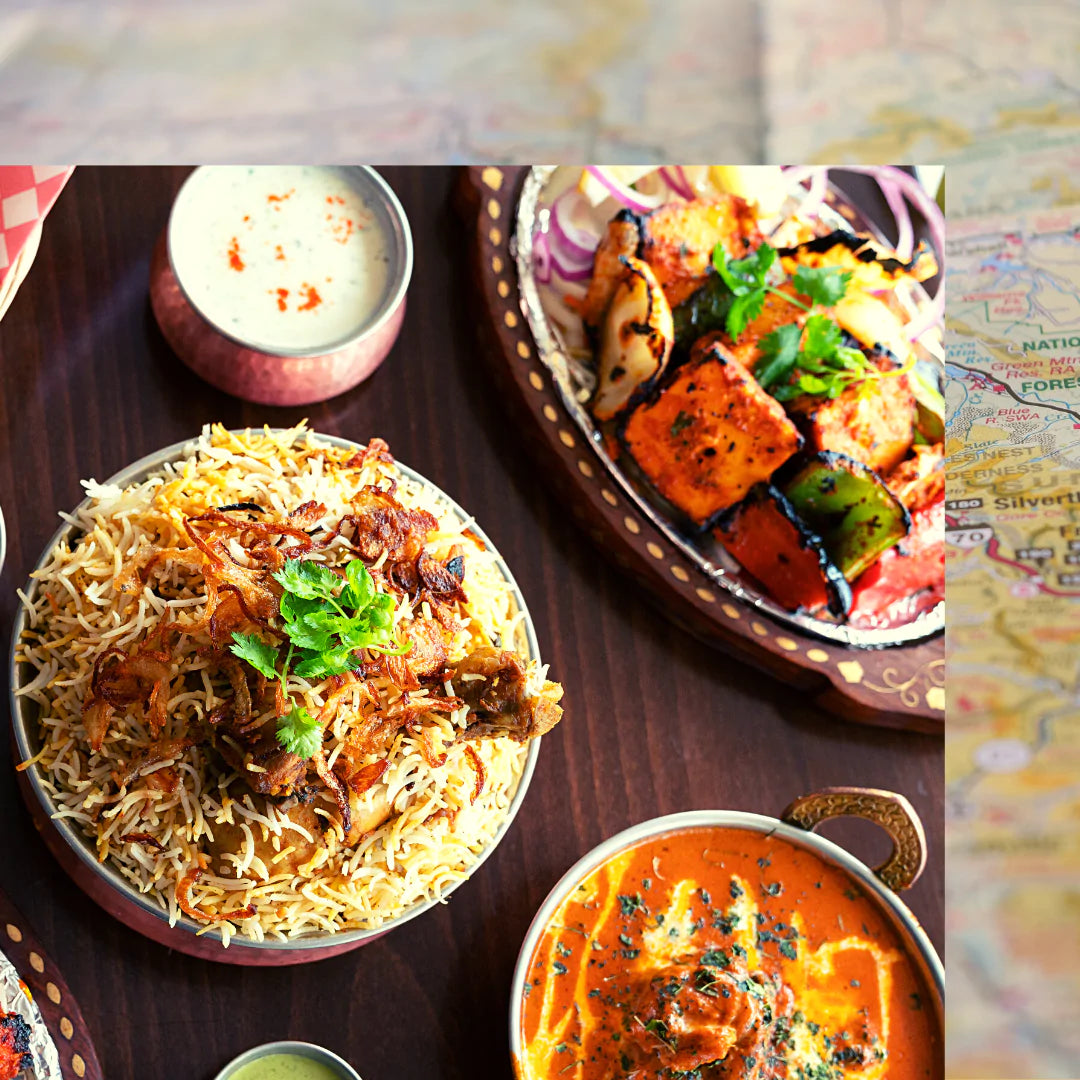There’s more to food than food. And like God, it works in mysterious ways.
When you invite someone to your dining table, you’re welcoming that person into your inner circle, your life. And that’s when food begins to become a culture.
From being a subset of a larger, wider culture, it starts to then take a life of its own. And spins off into a way of life in its own right.
Which is also why food links people like nothing else. Countries could be divided by borders, but palates aren’t political. The culture of cuisines connects communities and unites hearts – a strange case of stomachs being more powerful than minds. Food isn’t just about eating, not just about nurturing your body. It’s equally about nourishing your mind, and satisfying your soul.
History, if investigated carefully, is a saga of food playing a key role in changing the course of events. From The Last Supper to the Boston Tea Party to the Salt March against British rule in India, food played its part in shaping history.
Food has been an unlikely weapon in wars: Cheese, in Uruguay vs Brazil (not unlike today’s football matches between them); ‘crazing honey’ causing soldiers lose their senses – and the battle – in 7th century Anatolia; potatoes instead of grenades distracting Japanese forces and the US sinking their submarine in World War II.
In today’s world, however, food is a great leveler, building bridges as much across warring families (disputes settled over dinner invites) as across distant continents. Like John Lennon said, we can then imagine there’s no country. But without food, disagreeing with Mr.Lennon, there’s no heaven either.

